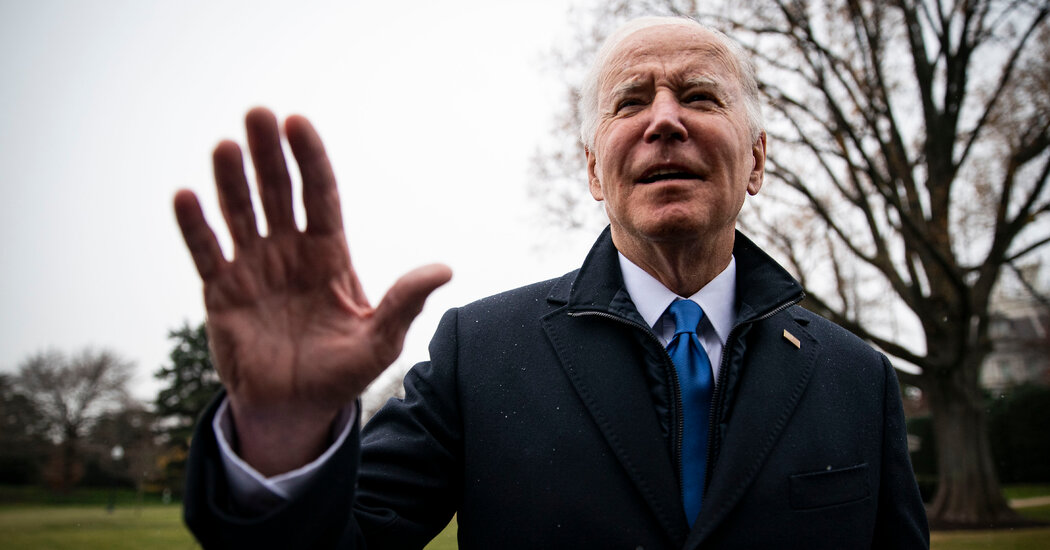A number of members of the House and Senate serving on national-security related committees have worried that at a time when China is expanding its
A number of members of the House and Senate serving on national-security related committees have worried that at a time when China is expanding its arsenal and Russia is threatening former Soviet states that have joined NATO, a no-first-use pledge might give the appearance of weakness.
“No-first-use is feel-good foreign policy,’’ Richard Haass, the president of the Council on Foreign Relations, said on Thursday. “Our enemies wouldn’t take the commitment seriously. And it would undermine the confidence of our friends.”
The scientists and engineers also argued for a commitment by Mr. Biden to reduce the arsenal to “fewer than 1,000 deployed missile warheads and bombers,” though they did not say by when. “These reductions will increase U.S. national security,’’ they argued, because it “will slow the spiraling nuclear arms race with Russia and China,” and help fulfill America’s treaty obligation “to take steps toward disarmament.”
But as a political matter, it is almost unimaginable that Mr. Biden would reduce the arsenal to that level without an agreement by Russia to do the same. When he came to office, Mr. Biden renewed, for five years, the New Start agreement, which limits the arsenal to 1,550 long-range strategic weapons; currently the United States arsenal appears to be below that limit.
But in recent months, the revelation that China is building what appear to be new missile silos, and testing potential delivery vehicles for hypersonic weapons that avoid traditional missile defenses, has led some Pentagon officials to call for new money for advanced weapons, and new classes of weapons that can deliver nuclear warheads — including hypersonic vehicles.
China has repeatedly said in recent months that it has no intention of entering arms control talks with the United States, noting that its arsenal is five times smaller than Washington’s.
The letter also urges Mr. Biden to cancel the program to replace the silo-based intercontinental ballistic missiles that dot the American West. Under current plans, the United States will replace those aging missiles starting in 2029, at a cost of at least $100 billion; the letter calls for Mr. Biden to simply extend the lifetime of the current arsenal, and ultimately “consider eliminating silo-based” missiles. Advocates of that position argue they are the most vulnerable to attack, and are the weapons that are most likely to be launched first — perhaps in response to a false alarm.
www.nytimes.com
